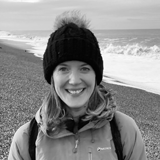 |
|
|
|
|
Lucy BethellAssociate (Contaminated Land Specialist), Mott MacDonaldLucy is an Associate Director at Mott MacDonald specialising in the assessment of contaminated land, groundwater pollution and waste management issues. She has a keen interest in emerging contaminants and for the past few years has been part of a multidisciplinary working group on Antimicrobial Resistance (AMR) within Mott MacDonald linked to the Fleming Fund. The Fleming Fund is a £265 million UK aid programme supporting up to 24 countries across Africa and Asia to tackle antimicrobial resistance. Lucy is a Specialist in Land Condition (SiLC) and a Suitably Qualified Person (SQP) under the National Quality Mark Scheme (NQMS). |
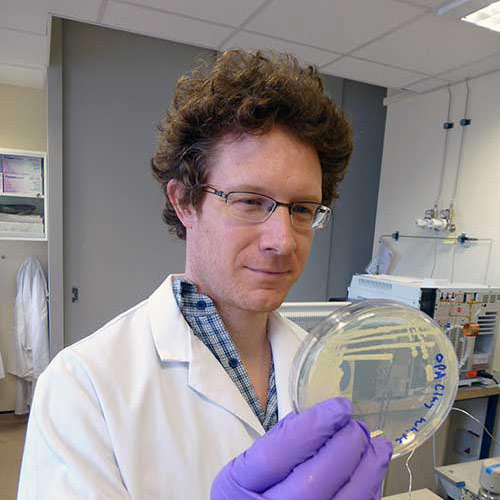 |
|
|
|
|
Dr Simon GregoryGeomicrobiologist, British Geological SurveySimon Gregory leads the geomicrobiology research at the British Geological Survey. He joined BGS in 2012 after completing his PhD on microbial nutrient cycling in constructed wetlands and working on various microbiology and aquaculture projects. Whilst at BGS he has been involved in microbiology projects ranging from the implications of subsurface microbiology for geoenergy to biomining; monitoring methanotrophs in groundwater and soils; and developing tools to detect organisms involved in bioremediation. |
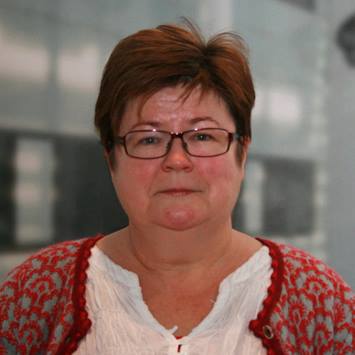 |
|
|
|
|
Dorte HarrekildeChief Consultant & European PFAS Network Lead, RambollDorte Harrekilde has a M.Sc. in chemical engineering. She is Chief Consultant & European PFAS Network Lead in Ramboll. She has worked with contaminated soil and groundwater for more than 25 years, and the last 7 years with PFAS-related contamination and remediation. Dorte has contributed to the Danish Guidance for investigation and remediation of PFAS contamination in 2018 and is currently working on an up-date. |
 |
|
|
|
|
Edward LatterChemicals Policy Team Leader, Environmental Quality Directorate, DEFRAEd is Team Leader for the Chemicals policy team in Defra’s Chemicals Pesticides and Hazardous Waste division; managing a team of policy advisers on emerging chemicals policy issues. He has over five years experience working in Defra delivering science programmes and environmental policy. Prior to this he was a university researcher working in partnership with industry, specialising in physical chemistry and spectroscopy analysis. |
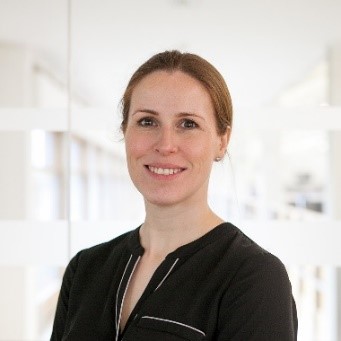 |
|
|
|
|
Yolande MacklinSenior Associate Director, JacobsYolande Macklin is a Senior Associate Director at Jacobs with 20 years’ experience in land contamination management and assessment. Yolande has previously worked within multidisciplinary consultancies, local and national government organisations. Yolande has a wealth of experience of ground investigation and assessment on a wide range of sites including gas works, chemical works and former landfills. Since joining Jacobs in 2021, Yolande has been working with the Environment Agency on the PFAS Risk Screening Project. |
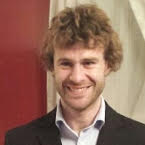 |
|
|
|
|
Dr David MegsonSenior Lecturer in Chemistry and Environmental Forensics and Director of the Ecology and Environmental Research Centre, Manchester Metropolitan UniversityDr David Megson is currently a Senior Lecturer in Chemistry and Environmental Forensics, and the Director of the Ecology and Environmental Research Centre at Manchester Metropolitan University (UK). He also works on pollution litigation cases as a Senior Environmental Consultant at Chemistry Matters (Canada). Dr Megson investigates sources of legacy and emerging persistent organic pollutants and monitors them in the environment using advanced analytical techniques including multidimensional chromatography and high resolution mass spectrometry. Much of Dr Megson’s research has an environmental forensics aspect which involves identifying the sources of contamination, transport pathways and the magnitude of pollutant exposure. His current research group includes 7 PhD students and 3 post-doctoral researchers. He has attracted approximately £2 Million of research funding since his appointment as a lecturer in 2016. Dr Megson currently sits on committees for the Royal Society of Chemistry (ESED & INEF), British Mass SpectrometrySociety (EFASIG), British Standards Institution (BSI) and International Organization for Standardization (ISO). He has a H-index of 16 and his work has received over 600 citations. He has organised 11 international conferences, published >40 peer reviewed manuscripts, 4 book chapters and acted as editor for 8 books and journal special issues. |
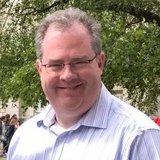 |
|
|
|
|
Dr Ken ScallyTechnical & Quality Director, SUEZDr Ken Scally is an International Environmental Forensic Chemist with over 26 years of experience in petroleum hydrocarbon analysis and forensic data interpretation, analytical chemistry, and quality management. He acted as the Forensic Chemistry expert for the damage assessment program on the Gulf of Mexico, Deepwater Horizon Oil Spill; the largest accidental marine oil spill in history and the largest National Resource Damage Assessment (NRDA) in US history. He specialises in chemical composition and interpretation of petroleum hydrocarbons in terrestrial and marine environments and has a detailed understanding of oil chemistry, degradation pathways, aging, and source correlation indicators. |
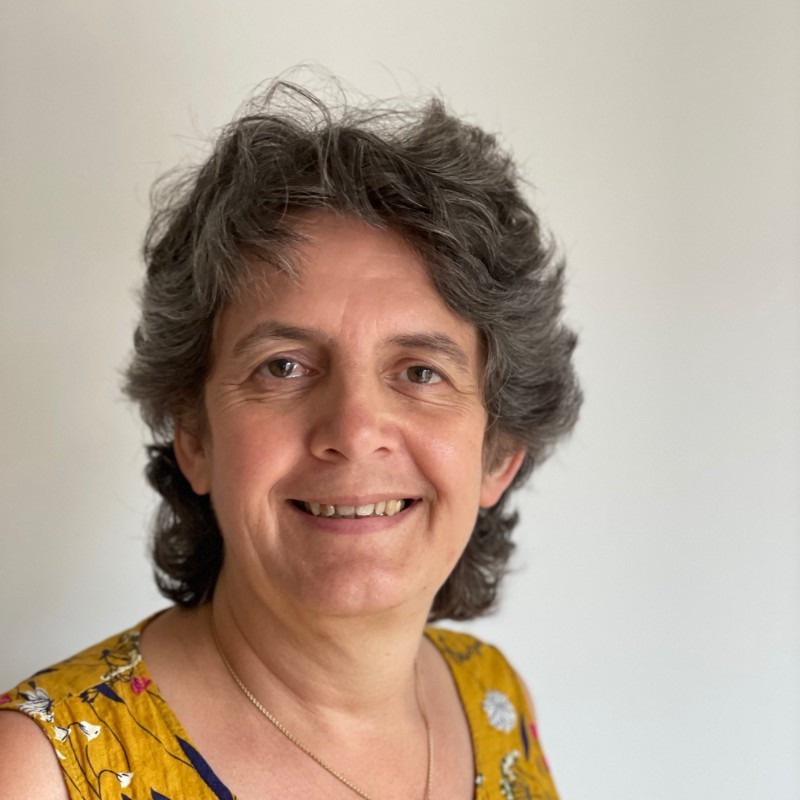 |
Dr Jane ThrasherSenior Associate Director, Water & Environment and Ground Contamination and Land Quality Global Community of Practice Leader, JacobsDr Jane Thrasher is a land contamination geologist who has been helping Jacobs provide solutions to a variety of clients on a wide range of projects for more than 27 years. For the last couple of years she has been leading the team in Jacobs working with the Environment Agency on the PFAS Risk Screening Project, drawing on Jacobs global expertise in Emerging Contaminants. She currently leads Jacobs’ global community of practice on ground contamination and land quality. |
Book your ticket
Secure your spot for our annual Groundwater conference (12 May, online), which will explore different emerging contaminants, including PFAS and 1,4-Dioxane, the current regulatory guidance for their risk assessment and management, appropriate monitoring and sampling analysis, and novel remediation techniques being developed to tackle these “forever chemicals”.

